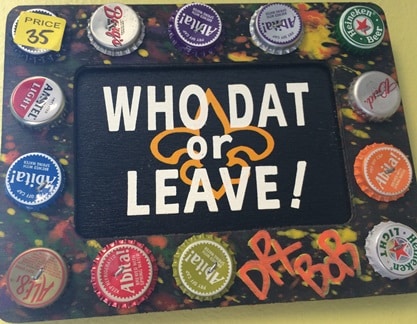Even Great Workplaces Make Difficult Decisions
Great places to work are not perfect places to work. They face many of the same challenges that all companies face. They have to make the same difficult decisions as everyone else. It’s how they choose to handle those moments that makes them a best-in-class employer.
I was reminded of this during this year’s Great Place to Work conference. Southern Ohio Medical Center (SOMC) is a 222-bed not-for-profit medical facility that provides emergency, surgical, and health care services located in Portsmouth, Ohio. They describe their culture as “scrappy” and “competitive”. I love that this organization has truly embraced who they are. I’ve seen many organizations talk themselves out of being authentic about their culture for the sake of marketing politically correct organizational values.
SOMC shared with conference participants their customer service story. Being in health care, it’s logical that relationships are important to their business and in their industry. The organization’s BHAG (big hairy audacious goal) is focused on providing high levels of service. It’s a tremendous source of pride for their employees.
SOMC is so focused on delivering top notch service that they say customer service can never be “as good as it gets”. That’s interpreted as resting on your laurels. There is always room for improvement – even if customer service survey scores indicate 100% satisfaction. They seek to continuously raise the bar.
Needless to say, in this type of competitive work environment, everyone must bring their A-game every day. If you don’t, the organization has to make difficult decisions. (Translation: Should an employee stay or go?) Even when you’re the person in charge (i.e. CEO).
SOMC is a great example of how a CEO or senior leader might frame the corporate culture but that one person doesn’t create it or own it. However, he or she can certainly hurt it. Even human resources doesn’t own culture. Yes, HR might hold culture for safekeeping. But the bottom-line is employees own organizational culture and they must take responsibility for it in order to be a great place to work.
All organizations need to realize difficult decisions are a part of business. It doesn’t matter how big or small the company is or how many awards they’ve won. Every employee must buy-into the company culture and support it wholeheartedly. From the top down and the bottom up. Otherwise, it will show in the way the company delivers their product or service.
Image courtesy of HR Bartender
0